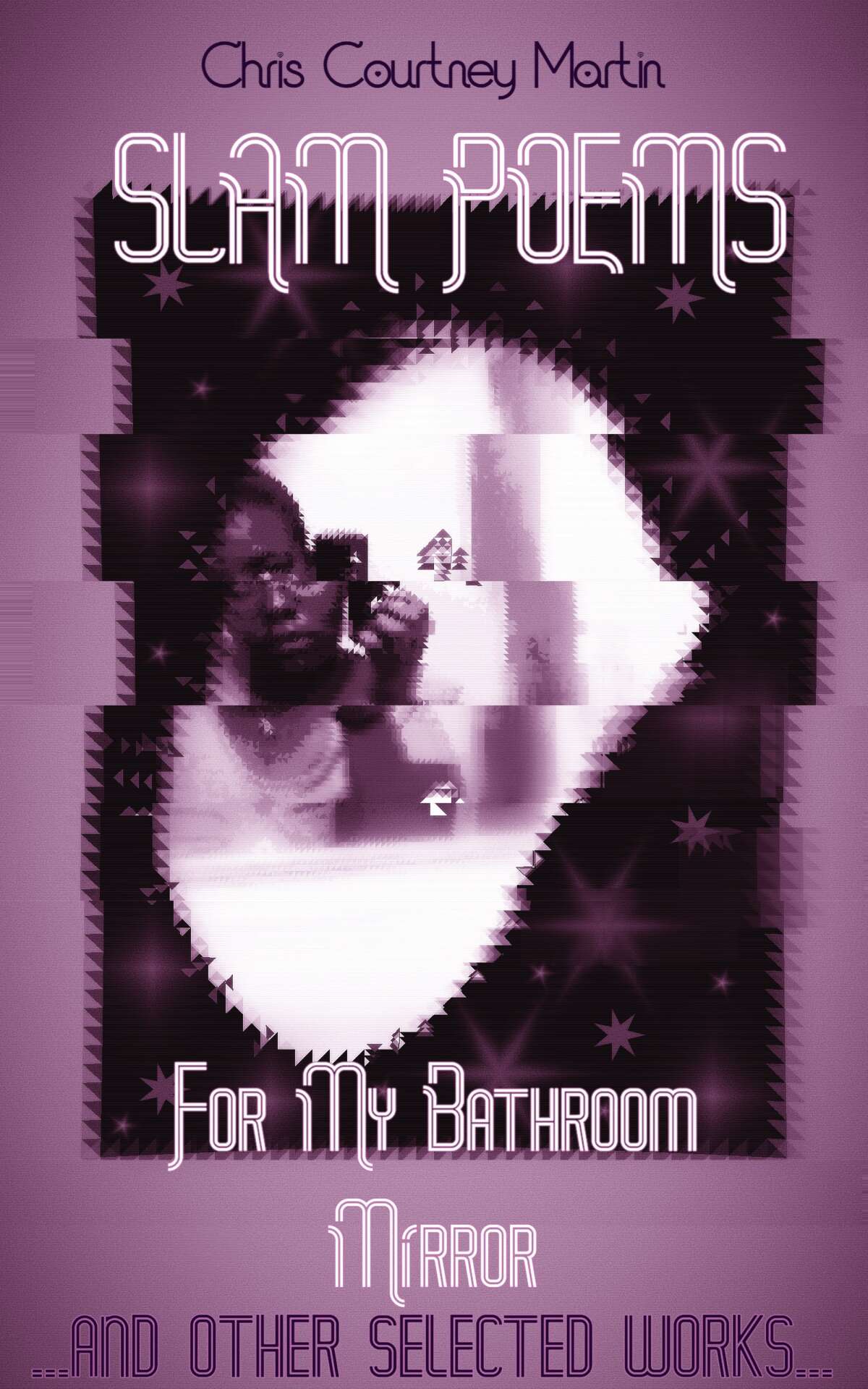We caught up with the brilliant and insightful Chris Courtney Martin a few weeks ago and have shared our conversation below.
Hi Chris Courtney, thanks for joining us today. Let’s jump back to the first dollar you earned as a creative? What can you share with us about how it happened?
I started out doing script coverage for WeScreenplay not long after I got out of college. I’d had multiple internships at that point and had learned how to analyze scripts for a production house at 20 years old.
However, my very first paid job as a screenwriter was actually helping Sheryl Lee Ralph (yes, THAT one!) break story on some TV and feature projects she’d been trying to develop for some time. We just did some simple one-sheet pitch documents together on the phone while she was in Los Angeles and I was staying in Fayetteville. I also helped her write an updated professional bio. I guess you could say I hit the ground running!


Chris Courtney, before we move on to more of these sorts of questions, can you take some time to bring our readers up to speed on you and what you do?
I am mostly known as a screenwriter. I went to a four-year university and used a full-ride scholarship to earn my degree in Screenwriting & Playwriting. I also double-minored in Film &Video and Art History. I’ve been working toward this art form, in some way or another, since I was 15. I began as a student playwright in Philly where I was blessed to meet and collaborate with powerhouses like James Ijames and Quiara Alegría Hudes as a teen.
I write everything from short scripts to feature films. Three of my short scripts were sold to producers. This inspired a series of posts through educational brands like Screencraft and Trackingboard Launchpad where I give tips on how to make the short film script count in a burgeoning career. That’s only a sliver of craft advice that I’m commissioned to give. I also have a series on feature screenplay story structure and a lesser-known format that frees the writer within the 3 Act process. My strength as a story analyst is my genuine desire to help a writer tell the story that moves them as a writer and a reader/viewer.
In my music and poet/author life, I’m most proud of my ability to divorce myself from the expectations placed on me as a screenwriter. Those outlets allow me to prove that my independent perspective is my superpower. I don’t answer to anyone as a musician or independently published writer. And yet, the results are just as positive. (In some ways, more.) My brand will always be about authentic expression and using art for good.


Can you tell us about a time you’ve had to pivot?
From the time I was 18/19 to the time I was about 30, I had this tunnel vision. I was following a 15-year plan that would pull me up the ladder to the rank of a showrunner. Then, my life completely shifted in ways that forced me to remove myself from the strictures of Hollywood expectations. People think that the entertainment industry is the land of freedom and acceptance for all the ragtag folk who too “weird” for the rest of the world. That cannot be farther from the truth. Hollywood runs on conformity. It has a very clear set of rules about hierarchy and how much obeisance it takes to be considered a team player.
I faced a series of hospitalizations between the summer of 2019 and the winter of 2021. And one of them impacted my career beyond anything I could have anticipated. I was violated by hospital staff and pretty much punished in my professional life for disclosing what happened. Long story short, the situation was taken advantage of by a powerful collaborator and members of my rep team allowed it to happen. By the time my 30th birthday rolled around, I was sounding a battle cry on social media to try and rally writers who didn’t have union protection around establishing a baseline of rights. I called it the Non-Union Writers Strike and tried to get it trending for a whole month. I was met with silence if not contempt. CUT TO: The WGA/SAG-AFTRA strikes of this year. I always joke that I feel like Cassandra of Troy…
But all of that, along with some other factors, caused me to relocate for a bit. I took some time out of town and stayed with family in the Southeast. And I have never been more creative. This has been the most prolific period of my life. In the time it took for SAG to join WGA on strike, I was able to make it into two different organizations– ASCAP and the Authors Guild. I also found my way to blog content/article writing.
Is there something you think non-creatives will struggle to understand about your journey as a creative? Maybe you can provide some insight – you never know who might benefit from the enlightenment.
Non-creatives tend to think that being a creative is a choice. I’ve held down multiple “regular” jobs. And that does something to a person who thinks and feels the way I do. It’s something of a half-life. Now, that doesn’t go for every single person who has ever dreamed of something else. But there are many, MANY of us who feel like zombies when we don’t get to do the things we were born to do. The competitiveness and financial instability of artistic fields will often be held over our heads.
“You chose this. You knew what you were getting into. So, you don’t get sympathy for being exploited/mistreated because you’re doing what you want to do.”
Contact Info:
- Website: https://linktr.ee/chriscourtneymartin
- Instagram: https://www.instagram.com/chriscourtneymartin/
- Linkedin: https://www.linkedin.com/in/chriscourtneymartin/
- Other: https://chriscourtneymartin.contently.com/ https://songwhip.com/kweanoontz/a-kwean-oontz-novel https://www.amazon.com/stores/Chris-Courtney-Martin/author/B0B1ZDQGST
Image Credits
Portrait Image – Credit to Petra Shrieves All Graphic Images – Credit to Chris Courtney Martin


